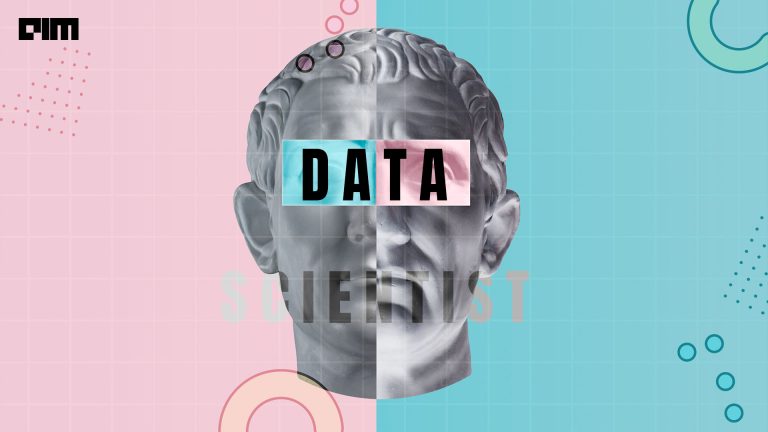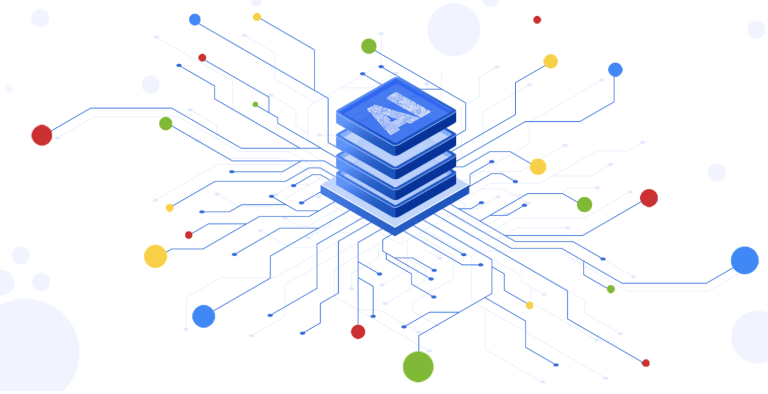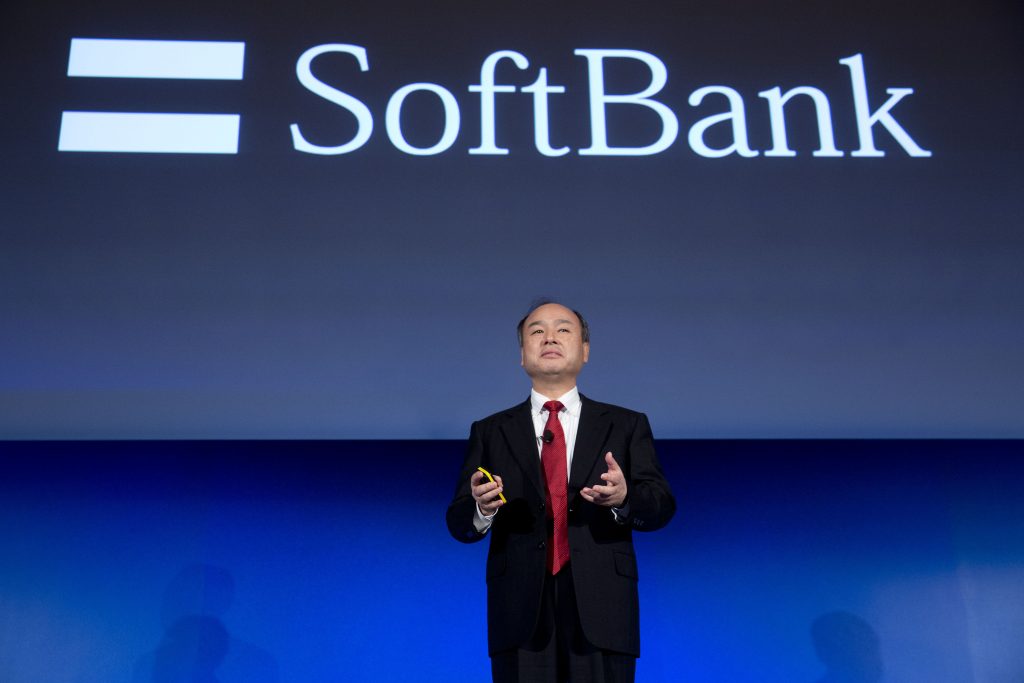The Covid-19 pandemic may have wrought many changes in the lives of working professionals, foremost of which is getting acclimated to remote work. While this shift has improved the productivity of many, some are struggling to develop a routine and stay consistent with it.
Indeed, good habits are difficult to form, but as attested by seven talented data scientists we spoke to, can play a huge role in achieving professional success. In this story, we break down these ‘effective habits’ which have held these data scientists in good stead:
Reading Research Papers
Data science is a dynamic field – it continues to evolve and grow. With that being said, no professional operating in this space can claim to know it all. Their fundamentals may be strong, and they may have picked up a few tips and tricks with experience, but continuous learning needs to be the motto of every data scientist if they want to succeed.
“Reading research papers will greatly help data scientists keep track of trends and developments within their industries,” says Saurabh Jha, Director of Data Science at Dell. “Developing a daily habit of reading will also help them learn about breakthroughs happening in the space of AI, which in turn, can be applied to the problems they may be trying to solve,” he adds.
According to Jha, whenever he gets stuck with open-ended unsolved problems, he finds himself going over research papers published in that space. “This habit has helped me frame the right set of hypotheses in my own work and has helped me run carefully designed experiments,” he adds.
Especially relevant for data scientists working in applied AI, ideas mooted in these research papers should be implemented in their ML/DL framework since it can help them get a practical understanding of what goes under the hood, and how to experiment with these ideas, always keeping them ahead of the curve.
“Form study groups and discuss research papers as it comes out,” advises Jha. “Keep an eye out for NIPS, CVPR, ICML, ICLR conferences, where cutting edge papers are presented and published with the benchmark results,” he adds.
ALSO READ: How To Get The Best Out Of Your Freelance Data Scientists
Building A Strong Network
Building a strong network and systematically engaging with them is one of the most vital skills aspiring as well as established data scientists can develop and hone. Not only does this help foster meaningful discussions that can widen the ambit of their knowledge, it also makes them more valuable in the eyes of potential employers.
“Companies are more interested in hiring individuals who are active in conferences and possess strong community presence,” says Usha Rengaraju, a data science consultant with an enviable list of credentials under her belt. Not only is she a regular fixture at key data science conferences, she also organises related events and offers her expertise to educational institutions, including BITS Pilani.
Networking can help accomplish tasks which may otherwise seem impossible. What is more, community engagement initiatives provide an opportunity to engage and collaborate with experts, allowing participants to save time and be more effective in their everyday tasks by getting the right help from the right person.
According to Usha, community engagements also help foster crucial collaborations to solve some of the world’s pressing problems, and thus, is a good habit to develop within the data science community.
“For instance, communities like DataKind bring together top data scientists to collaborate on cutting-edge analytics and advanced algorithms to tackle critical societal issues like poverty, healthcare, human rights, and more,” she says. “Such initiatives have also played a huge role in advocating the importance of gender diversity in data science organisations,” she adds.
Emphasis On Collaboration
Since data science teams in any organisation are expected to engage with multiple stakeholders on a daily basis, cultivating this habit early on may be a good idea. Building on from the previous point of networking, data scientists can truly leverage that by working together to accomplish common goals.
“It has been more than 30 months for me in my current role as a data scientist, and I have experienced the need for honing my collaboration skills when working with stakeholders across projects,” says Surya Prakash Manpur. “Not only does it help accomplish tasks faster, but also helps provide more accurate insights,” he adds.
According to him, one way data scientists can hone their collaboration skills is by learning to communicate well. While it is good to know more about the technical aspects of one’s work, it is just as crucial to be able to translate that information in a language that lay people can also understand.
ALSO READ: What To Expect When You Start A Job As A Junior Data Scientist
Developing Excellent Coding Skills
With over five years of diverse domain experience in data science behind him, Nagendra K, data scientist at Decathlon Sports, counts his interest in coding as the single most important skill that has played a massive role in his career.
“Even within this area, there are some good coding habits that I would like to elaborate on,” he begins. “Though programming languages may change over time, the baseline for an optimised, reusable coding style remains the same,” he says.
According to him, rule number one is to keep the code clean. “Make it understandable with indentations and proper comments. Use functions to avoid long lines and complexity.” Next, make it reusable, use modules and lastly, use an IDE – Nagendra strongly recommends PyCharm or RStudio over Jupyter Notebooks.
Learning To Find Patterns In Data
With the proliferation of data, it is becoming more and more challenging to choose appropriate approaches to read information. However, analysing these large data sets is crucial for a company’s growth. Thus, developing the habit of learning to recognise patterns in data during these exercises is important.
“Whatever we do in data science needs to be pattern-based,” says Navin Manaswi, data scientist at a Bengaluru-based startup. “Recognising these patterns helps in the decision-making processes in business settings. Data scientists need to visualise the boundary or surfaces or hyperplanes of separation or transformation required for data modeling,” he adds.
The importance of pattern recognition cannot be underestimated as it is critical to know how to decipher structured or unstructured data, and prioritise relevant data. These hidden patterns can be found using various techniques.
ALSO READ: What Are The Markers Of A Genuine Data Scientist?
Solving Problems At The ‘End-State’
Organisations often collect and store data, but seldom are they successful at effectively using them. A good approach, according to Vidhya Veeraraghavan, Head of Analytics at Standard Chartered Global Business Services, “What you want to achieve makes it easier to know where you want to start from, and how you want to approach”.
“When solving business problems, I prefer to start from the ‘end-state’, the destination, the purpose of the journey that I am going to undertake,” she elaborates. “This is extremely important in data science projects, considering the limited and expensive resources at hand,” she adds.
She further illustrates this with an example: “Imagine dialing a telephone number and not knowing one of its digits. You may end up dialing a lot of numbers with various permutations and combinations. The chances are that you get the number right at the first instance, but there are high probabilities that you end up dialing thousands of numbers and still not get it right. Similarly, knowing your ‘problem-statement’ or ‘end-state’ makes the beginning and also the journey easier and faster.”
Understanding Domain-Specific Nuisances
While it may be true that data science involves a lot of processes, one should be careful not to get lost in the technique and instead, focus on the business problem at hand. Even here, one’s focus should be on developing the skill set to understand what will work and what will not within a particular domain, given the data set for that business problem.
Shilpa Rao, Head – AI Powered Strategic Intelligence & Retail Optimisation at TCS illustrates this with an example, “In retail, context improving forecast accuracy on super slowing moving items with the most advanced AI technique would not give better ROI as a rationalisation of item at location or shift to central inventory will give. Understanding these domain-specific nuisances makes an effective data scientist.”








































